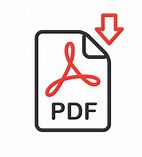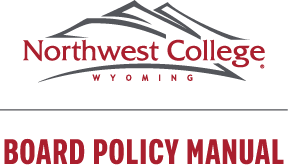To print please use PDF download.
The faculty member is entitled to freedom in research, publication, and pursuit of professional/ vocational areas of expertise, subject to the adequate performance of the duties contained in these Faculty Employment Policies.
To further the principles of academic freedom, the College endorses the general guidelines, reproduced below, which were enunciated by the American Association of University Professors in its 1940 “Statement on Academic Freedom”:
Teachers are entitled to freedom in the classroom in discussing their subject; but they should be careful not to introduce into their teaching controversial matter which has no relation to their subject. Limitations of academic freedom because of religious or other aims of the institution should be clearly stated in writing at the time of the appointment.
College and university teachers are citizens, members of a learned profession, and officers of an educational institution. When they speak or write as citizens, they should be free from institutional censorship or discipline, but their special position in the community imposes special obligations. As scholars and educational officers, they should remember that the public may judge their profession and their institution by their utterances. Hence, they should at all times be accurate, should exercise appropriate restraint, should show respect for the opinions of others, and should make every effort to indicate that they are not speaking for the institution.

